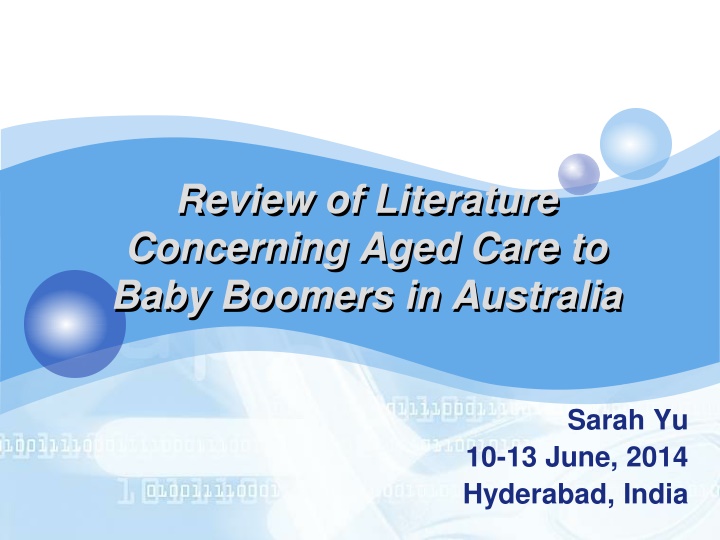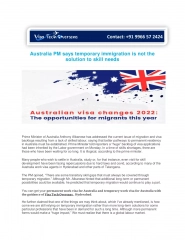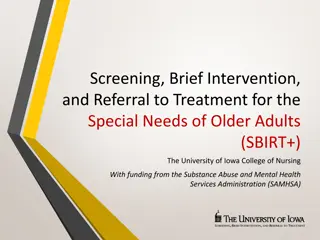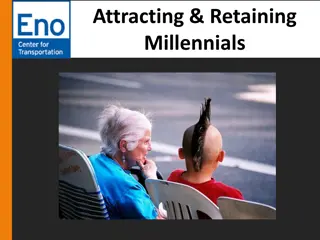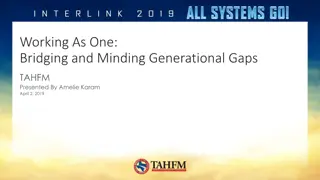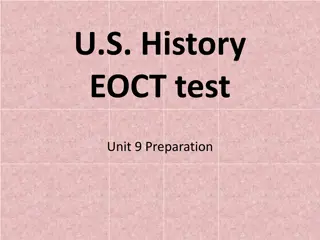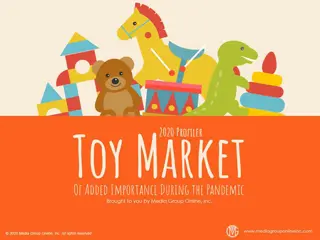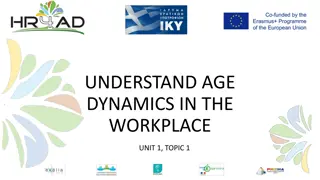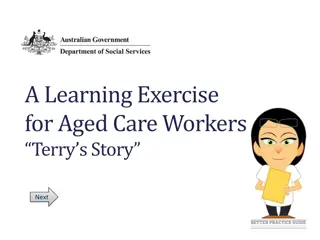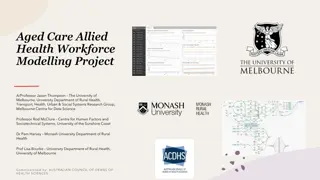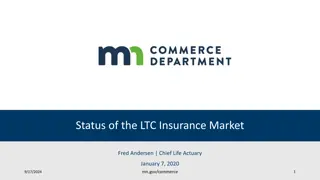Aged Care to Baby Boomers in Australia - Overview of Research
This review discusses aged care services for Baby Boomers in Australia, detailing the demographics, characteristics, and implications for the future. It covers the Baby Boomer generation, aged care facilities, formal and informal care options, and the changing landscape of aged care in Australia.
Download Presentation

Please find below an Image/Link to download the presentation.
The content on the website is provided AS IS for your information and personal use only. It may not be sold, licensed, or shared on other websites without obtaining consent from the author.If you encounter any issues during the download, it is possible that the publisher has removed the file from their server.
You are allowed to download the files provided on this website for personal or commercial use, subject to the condition that they are used lawfully. All files are the property of their respective owners.
The content on the website is provided AS IS for your information and personal use only. It may not be sold, licensed, or shared on other websites without obtaining consent from the author.
E N D
Presentation Transcript
Review of Literature Concerning Aged Care to Baby Boomers in Australia Sarah Yu 10-13 June, 2014 Hyderabad, India
Overview Introduction Rationale Aims of the research Implications Summary
Ageing in Australia Proportion of the Australian population in different age groups 0.50% 1.80% 5.10% 7.80% 100% 11.70% 17.60% 90% 80% 70% 85 and over 62.80% 60% 65-84 67.40% 60.20% 15-64 50% 0-14 40% 30% 20% 28.80% 19.10% 17.20% 10% 0% 1970 2010 2050 Source: ABS cat. no. 3105.0.65.001 (2008) and Treasury projections
Baby Boomers Baby Boomer is a term used to describe a person who was born during the Post WWII (Australian Government 2007) The Baby Boomers almost double Australia s population from 7 to 12 million (McCrindle and Wolfinger 2010) We are not here for a long time, we are here for a good time (Mackay 1997) Baby Boomers are poor planners, unenthusiastic savers but voracious consumers (Mackay 1997)
Baby Boomers Size of the Baby Boomer generation (Hamilton and Hamilton 2006) Baby Boomers have a longer life, remain engaged and being employed beyond age 65 (O Brien 2011) Reshaped many social norms, including family composition and living arrangements (Riggs and Turner 2000) Baby Boomer generation is Pivotal The influence of the Baby Boomer generation is creating a higher level of services and care within aged-care facilities
Aged Care in Australia Residential services -- nursing home care; hostel care. Formal Aged Care Community care services -- HACC; CACPs; EACH, Veteran s Home; DTCs Informal Aged Care Unpaid care provided by family members or friends
Formal Aged Care in Australia Level of Aged Care Residential Care Community Care Extended Aged Care at Home (EACH) package 24 hour nursing High Accommodation Extended Aged Care at Home (EACH)-Dementia package Community Aged Care Package (CACP) Accommodation Personal care Home (HACC) (with states) and Community Care Low Support and allied health services Assistance with bathing, shopping, cooking, cleaning etc Source: Department of Health and Ageing (DoHA) 2008
The Aged Care Module Aged Care Module - a specific purpose built module, been added to and works in concert with APPSIM Modules Use of aged care services Need for aged care services
Rationale of the Research Urgent need to provide satisfactory aged care to Baby Boomers Great value on better understanding of Baby Boomer on demand, preference and willingness to pay related to aged care Baby Boomers Varied life expectations and very diverse demands and preferences taken by Baby Boomers reviewed by literature
Aims of the research Understand the demand of Baby Boomers to inform projection of supply of aged care, explore and analyse the needs and preferences, and develop a modelling tool into the aged care module Aims Explore and provide insights into bridging the gap between demand and supply of aged care on current provision and future projection of Baby Boomers
Implications for Policy and Practice Analyse the current supply system and compare with the demand for aged care to improve the future supply and adaptability of the services to Baby Boomers Use microsimulation methods to model impact of various preferences and willingness to pay on demand for aged care Develop a computer model to help policy makers examine the consequences of various financing options and identify the best options to finance aged care of Baby Boomers
Summary The research on the Baby Boomer generation will provide guidance to policy makers, and facilitate correct predictions to benefit other generations as well. It is the hypothesis that arising demand and aged care provision driven by this Baby Boomer generation will make contributions to the extent on the national policy and academic literature materials for the further research.
References Australian Bureau of Statistics 2008, Australian Historical Population Statistics, 2008 cat. no. 3105.0.65.001, ABS, Canberra, <http://www.abs.gov.au/ausstats/abs@.nsf/mf/3105.0.65.001>. Australian Government 2007, Baby Boomers, viewed 22 December 2011, <http://australia.gov.au/about-australia/australian-story/baby-boomers>. Department of Health and Ageing (DoHA) 2008, Ageing and Aged Care: Types of Residential Aged Care, Canberra Hamilton, M & Hamilton, C 2006, 'Baby Boomers and Retirement: Dreams, Fears and Anxieties', Discussion Paper, vol. no. 89. Mackay, H 1997, Generations: Baby Boomers, their Parents & their children Pan Macmillan Publishing, Sydney. McCrindle, M & Wolfinger, E 2010, The ABC of XYZ: Understanding the Global Generations, University of New South Wales Press Ltd, Sydney. O'Brien, S 2010, How Baby Boomers Will Change Retirement, About.com, 17 February 2011, <http://seniorliving.about.com/od/retirement/a/newboomerretire.htm>. Riggs, A & Turner, B 2000, 'Pie-eyed Optimists: Baby-boomers the optimistic generation?' Social Indicators Research, vol. 52, no. 1.
